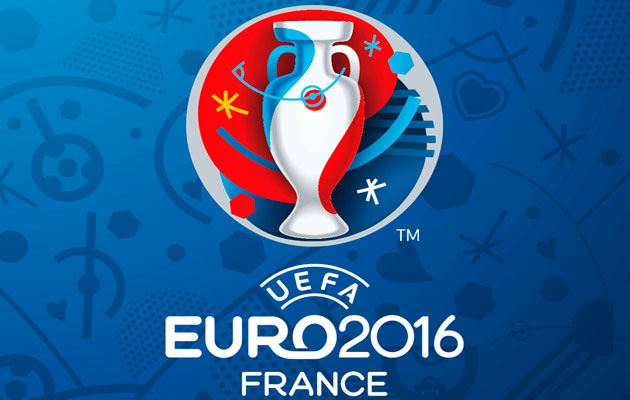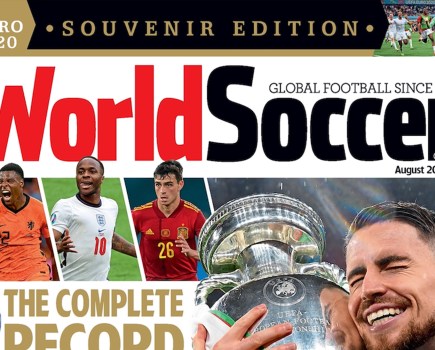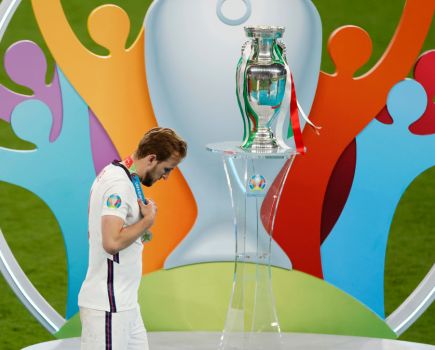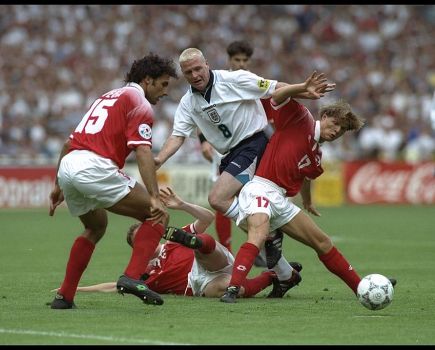Football’s international focus next June will be back on the pitch, hopefully, rather than on the scandals in the corridors of power with the finals of the newly-expanded European Championship being staged in France between June 10 and July 10.
Didier Deschamps’s hosts will face Romania in the Opening Match in the Stade de France and will be confident of progressing after a generous draw matched them also with newcomers Albania and neighbouring Switzerland.
An intriguing quirk of the draw placed Gareth Bale and Wales in the same challenging Group B as England.
Italy, runners-up in 2012, will not have been too happy at finding themselves dropped in to Group E amid Belgium, the Irish Republic and old, awkward foes Sweden. But champions Spain will be reasonably content at the prospect of dealing with Czech Republic, Turkey and Croatia.
Early betting after the draw, from William Hill, had France as 11-4 favourites followed by Germany at 10-3, Spain 11-2, Belgium 10-1 and England 12-1. Sweden were the furthest outsiders at 100-1.
Opening up the four-yearly tournament to 24 teams rather than 16 was one of the bright ideas of Michel Platini, French president of European governing body UEFA. But whether he will be anything more than a spectator buying his own tickets or watching on television remains unknown.
Platini, suspended from football by the FIFA ethics committee over allegations of misconduct in office, would have had mixed emotions, watching the draw on TV, of both pride and regret.
He may even have appreciate with a frisson of sudden awareness that UEFA and ‘his’ European Championship were continuing to proceed smoothly and effectively without him.
Expanding the finals has been controversial because of concerns that allowing access to more teams would lower the quality of what has always been a fine football event. To some extent this had been assuaged by the unexpected drama which had lit up the qualifying competition.
Yet even welcoming an extra eight national teams had not proved a fail-safe way of bringing all the star-name nations to the feast: Holland, third at the World Cup in Brazil in 2014, had blundered their way to elimination along the way.
All the great and the good of European football – or, at least, those not suspended for one sin or another – had come to the French capital for the draw which, for some of the minnow finalists such as Iceland, will reap riches beyond their wildest dreams.
Total prize money on offer from UEFA is €301m, up more than 50pc from €196m four years ago. The winners can earn a maximum €27m compared with €23.5m in Poland and Ukraine. Each team will receive €8m for merely turning up. After that come match bonuses in the group stage of €1m for a win and €500,000 for a draw.
Playing in the second round would earn a team €1.5m with €2.5m in the quarter-finals and €4m in the semi-finals. The winners will take awar a further €8m and the runners-up €5m. Unlike the World Cup there is no third-place play-off.
Group A: France, Romania, Albania, Switzerland.
Group B England, Russia, Wales, Slovakia.
Group C: Germany, Ukraine, Poland, Northern Ireland.
Group D: Spain, Czech Republic, Turkey, Croatia.
Group E: Belgium, Italy, Republic of Ireland, Sweden.
Group F: Portugal, Iceland, Austria, Hungary.







